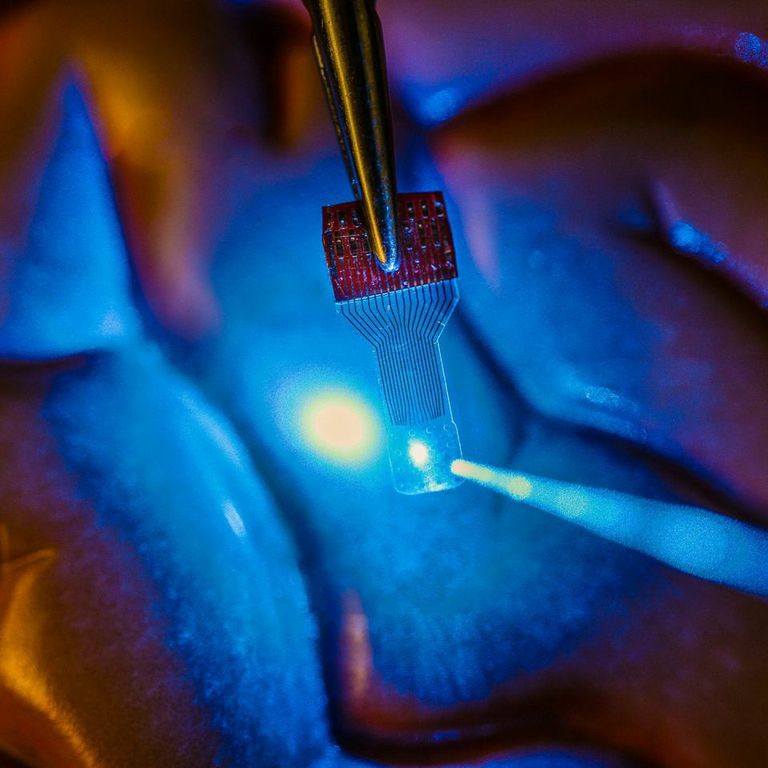University of Wisconsin professor Justin Williams and colleagues have developed a graphene based, transparent sensor implant to help researchers better view the brain. Unlike existing devices, the sensor’s micro electrode arrays work in tandem with imaging technologies. This could improve neuromodulation therapies used to control symptoms, restore function, and relieve pain in patients with hypertension, epilepsy, or Parkinson’s. Researchers have been limited in their ability to directly observe how the body generates electrical signals, or how it reacts to externally generated electrical signals. According to Williams, “Clear electrodes in combination with recent technological advances in optogenetics and optical voltage probes will enable researchers to isolate those biological mechanisms. This fundamental knowledge could be catalytic in dramatically improving existing neuromodulation therapies and identifying new therapies.”
